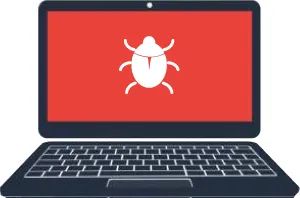Code Execution via Local File Inclusion
Severity:
Critical
Summary
Invicti detected code execution via local file inclusion, which occurs when a file from the target system is injected into the attacked page and interpreted as code.
At the beginning of the attacking phase, Invicti made an HTTP request which contained custom payload and saw the output of execution of it at this page. This means this code has been executed, and this vulnerability generally happens with inclusion of log files by LFI-vulnerable PHP scripts.
Impact
An attacker can execute malicious code by abusing the Local File Inclusion vulnerability on the server.
Remediation
- If possible, do not permit file paths to be appended directly. Make them hard-coded or selectable from a limited hard-coded path list via an index variable.
- If you definitely need dynamic path concatenation, ensure you only accept required characters such as "a-Z0-9" and do not allow ".." or "/" or "%00" (null byte) or any other similar unexpected characters.
- It's important to limit the API to allow inclusion only from a directory and directories below it. This ensures that any potential attack cannot perform a directory traversal attack.
Required Skills for Successful Exploitation
Actions To Take

Vulnerability Index
You can search and find all vulnerabilities
Select Category
Select Vulnerability
Thank you! Your submission has been received!
Oops! Something went wrong while submitting the form.
Build your resistance to threats. And save hundreds of hours each month.





